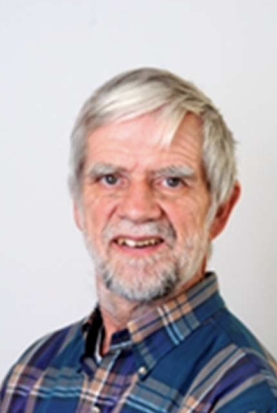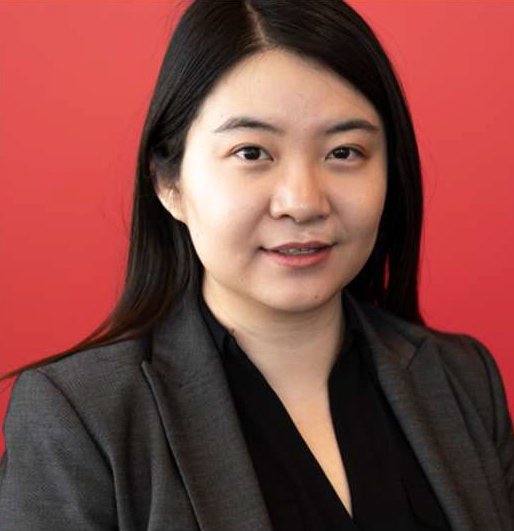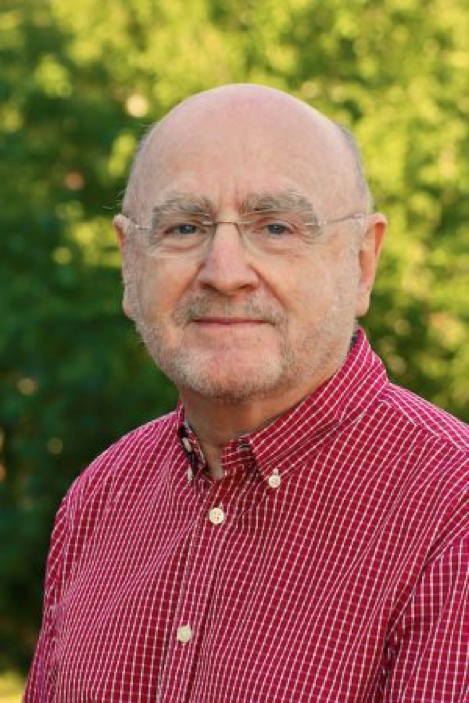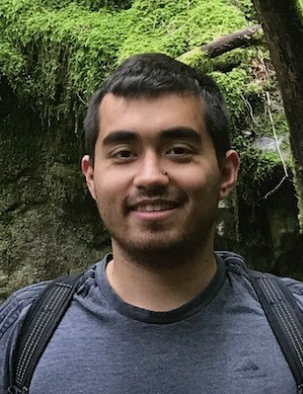2023 Speaker Series
December 8, 2023
Human-automation team performance: A computational influence model and a meta-analysis
1:00-2:00 PM MST
Dr. Chris Wickens
Affiliate Professor, Cognitive Psychology, Colorado State University
Abstract: The vast research on automation factors that affect the fluency of human-automation team (HAT) performance conducted over the last 50 years currently lacks valid computational models that can predict (i.e., compute) the effects of such features as automation level, transparency and reliability on HAT performance. Features in isolation have been found to improve or degrade performance. But when features are considered in conjunction, a computational model is needed to establish how the features trade-off against each other. This presentation describes the framework for such a model.The model incorporates the influences of automation reliability, transparency and level, along with task difficulty, on HAT performance during both routine and automation-failure conditions, as mediated by the cognitive constructs of human trust, dependence, situation awareness and mental workload. The degrees of influences of transparency and automation level (degree) are quantified from the results of meta-analyses, and the transparency meta-analysis will be described in some detail.
Bio: Chris Wickens received his BA degree from Harvard College in 1967. After service in the US Navy he received his PhD in Experimental Psychology from the University of Michigan in 1974. He was a Professor of Psychology at University of Illinois from 1974- 2005. In 1984 he also received joint appointments from the Department of Industrial Engineering and the Institute of Aviation. Within the latter, he was Head of the Aviation Human Factors Division and Associate Head of the Institute. Since his retirement from Illinois he has been a senior scientist at AlionScience and Technology in Boulder (and now Louisville) and since 2014 he has been an adjunct Professor of Psychology at Colorado State University. His fundamental research interests are in attention, multi-tasking and human-automation interaction; themes addressed through theories, principles, computational models and human factors applications, particularly to safety in aviation and other transportation systems. He has authored or co-authored three textbooks (Introduction to Human Factors, Engineering Psychology, and Applied Attention Theory, along with a book on Automation in Air Traffic Control, and over 250 publications in refereed journals or book chapters. He has received annual rewards from the Federal Aviation Agency, the Flight Safety Foundation and the Human Factors Society for his contributions to the field (President’s Award) and for best article in the journal Human Factors (4 times). He has been an avid mountain climber.

November 10, 2023
May I, please? Investigating the Need and Approach for Improved Intention Communication on the Road Using Naturalistic Data
1:00-2:00 PM MST
Dr. Danyang Tian
Senior Scientist, Honda Research Institute
Abstract: While driving, it’s important for drivers to communicate their intentions to other road users to avoid confusion, attract attention, and prevent accidents. With the rise of automation in transportation, the need for effective communication has become even more complex. In this talk, I present two naturalistic driving datasets that we’ve used to study the limitations and consequences of current communication channels. We also examine the need for improved communication and explore an in-cabin intention recognition approach that could potentially facilitate driver-vehicle communication.
Bio: Danyang Tian is currently a senior scientist at Honda Research Institute USA, Inc. Her research interests include connected and automated vehicles, vehicular communication systems, and driver behavior modeling, application design and development of connected and automated vehicles, vehicleto- everything communication technologies, and human-AI collaboration. She serves as chair in the SAE International V2X Vehicular Applications Technical Committee, leading roles in organizer team for SAE WCX and associate editor in 2024 IEEE Forum for Innovative Sustainable Transportation Systems.

May 26, 2023
Human-Artificial Intelligence Teaming
Dr. Nancy J. Cooke
Human Systems Engineering, Arizona State University
Abstract: The future of work will require technology to work closely with humans in a teaming relationship in which the AI (Artificial Intelligence) does what it does best, and humans take on complementary roles doing what they do best in an interdependent fashion. Effective human-AI teaming requires best practices in human-systems integration including appropriate team composition and role assignment, designing effective human-AI team processes, team development or training, and effective team measurement. Carrying out human systems integration on human-AI teams requires synthetic ask environments, the Wizard of Oz paradigm, and real-time unobtrusive measurement.
Bio: Nancy J. Cooke is a professor of Human Systems Engineering at Arizona State University and is director of ASU’s Center for Human, AI, and Robot Teaming. She received her PhD in Cognitive Psychology from New Mexico State University in 1987. Dr. Cooke’s research interests include the study of individual and team cognition and its application to the development of cognitive and knowledge engineering methodologies, human-robot teaming, sensor operator threat detection cyber and intelligence analysis, remotely-piloted aircraft systems, healthcare systems, and emergency response systems. Dr. Cooke specializes in the development, application, and evaluation of methodologies to elicit and assess individual and team cognition. Her work is funded primarily by DoD.

March 10, 2023
Measuring Your Mind and Brain While Designing
Dr. John S Gero
University of North Carolina at Charlotte
Abstract: Recent advances in cognitive science and non-invasive brain measurements have made it possible to begin to answer the question: What happens in your mind and brain when you design? This talk will present what we have learned from studying the brains of designers while they design.
By measuring your mind and brain we can answer questions such as:
- are there differences in the design cognition of different disciplines?
- does students’ engineering design cognition change as they progress through their degree?
- what are the foundational cognitive differences between a novice and an expert?
- does immersive VR change the student-tutor interaction in reviews?
- what happens when different disciplines team up?
- does VR change your response?
- does using thinking tools change your neurocognition?
- can we use your brain response to improve your ideation?
Bio: John Gero is a Research Professor in Computer Science and Architecture, University of North Carolina at Charlotte. Formerly, he was of Professor Design Science and Director of the Key Centre of Design Computing and Cognition at the University of Sydney. He has been a Visiting Professor of Architecture, Artificial Intelligence, Civil Engineering, Cognitive Psychology, Computer Science, Computational Social Science, Design and Computation, and Mechanical Engineering in the USA, UK, France and Switzerland, including at MIT, Columbia University, UC-Berkeley, CMU, and UCLA. He is the author/editor of 56 books and has published some 800 research papers that have been cited over 27,500 times. His research has been funded by the Australian Research Council (ARC), the US Defense Advanced Research Projects Agency (DARPA), the US National Aeronautics and Space Administration (NASA) and extensively by the US National Science Foundation (NSF).

February 10, 2023
Dynamics and equilibrium points of co-adaptation between humans and machines
Ben Chasnov
PhD student at University of Washington
Abstract: In an increasingly automated world, it is important to understand how automated (and learning) machines affect human behavior. Game theory provides a mathematical toolbox for analyzing two or more decision-makers. In particular, co-adaptation between a human and a machine can be modeled as a two-player general-sum game. However, models are useful insofar as they are empirically validated. Here we validated the models by crowd-sourced experiments and showed that empirical results closely match theoretical predictions. We found that the equilibrium points of the learning dynamics coincide with the steady-state actions of the experiments. As machines permeate more of our environment, understanding the influence they can exert will help ensure the safety and well-being of their human partners.
Bio: Ben is a final year PhD student at University of Washington in the ECE department, being co-advised by Sam Burden and Lillian Ratliff. His research interests are in using control and game theory to characterize human-machine co-adaptation and gradient-based algorithms for multi-agent interactions. Ben worked with the Computational Neuroscience Center at UW and was a visiting student at the Simons Institute. Ben is graduating this year and is currently looking for postdoc positions.

